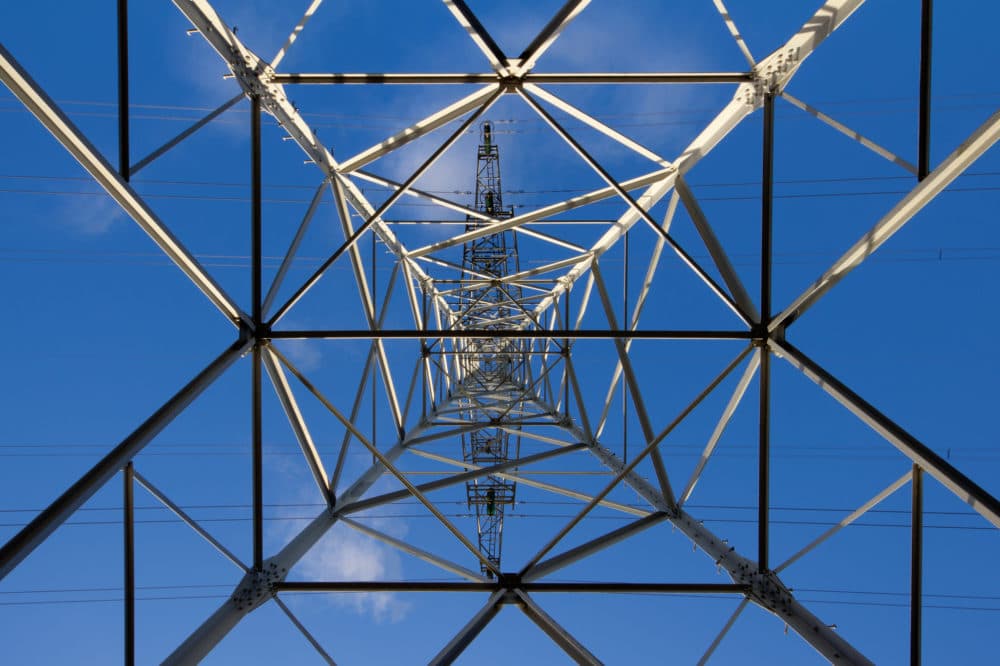
Xcel Energy Inc. filed a settlement agreement Monday with the Colorado Public Utilities Commission that, if approved, would substantially increase the company’s renewable energy offerings and restructure the payment framework for Colorado customers.
It also removes one of the more contentious elements of Xcel's initial proposal, a grid charge that would have required customers with solar panels to pay for their use of Xcel's infrastructure.
Currently, many solar customers can zero out their bills through "net metering," but they still use the power system at night. Xcel, like utilities around the country, has been trying to move away from net metering as more customers get solar panels and toward a structure that earns back revenue from those customers.
Solar advocates praised the deal for maintaining net metering, but the issue could come back in the future.
"It’s unclear at this time where the debate over net metering, which led to our proposal for the grid charge, will end up," Xcel spokesman Mark Stutz said in an email. "We certainly still have the resources necessary to maintain our utility infrastructure, but we believe net metering will come up again as an issue at some level.
"Keep in mind net metering is really a national and not just Colorado debate, and despite the fact that it was eliminated from our settlement agreement, it will continue to be a national issue."
The agreement represents a collaboration among 22 groups from a broad spectrum of interests, sidestepping what could have been lengthy legal proceedings. Environmental advocates, solar supporters, commercial users, CF&I Steel L.P. in Pueblo, Climax Molybdenum Co. mining and the cities of Boulder and Denver were among the negotiating parties.
Here are some of the highlights of the agreement:
- Test two new strategic billing models. One would charge more during peak times, such as morning and early evening. The other would charge more based on an increase above typical use, regardless of the time of day.
- Remove a proposal to charge customers who have solar panels for access to Xcel’s energy grid. Solar advocates strongly opposed this.
- Expand Xcel’s solar energy offerings by adding up to 342 megawatts of new solar power between 2017 and 2019. Xcel had 440 megawatts of solar capacity in its system at the end of last year, including 190 megawatts of utility-scale solar installations. Another 522 of utility-scale solar is scheduled to come on line this year.
- Offer customers options to pay premiums on monthly bills to support solar power, similar to its existing wind energy program, Windsource.
- Reduce wind energy premium pricing from $2.16 to $1.50 per block of 100 kilowatt hours.
- Work with the Colorado Energy Office to make solar more accessible for low-income customers.
- Devise standards to connect batteries capable of storing energy for a home or business to the grid.
- Call for a tariff for recycled energy projects in Colorado to take advantage of waste heat generated by manufacturing.
The settlement comes as a big win for solar generators who can continue to receive credit for the electricity they contribute to Xcel’s grid -- without an additional charge. Environmentalists and consumer advocates had been gearing up for a big fight over the proposed grid charge.
Furthermore, they should benefit from time-of-use billing since solar panels generate the most energy during some of the more expensive billing periods.
“We hope this agreement among diverse interests encourages stakeholders in other states to look for creative, collaborative solutions that advance clean affordable energy for everyone. Good rate design and clean energy innovation can balance multiple interests. We look forward to presenting the agreement to the PUC for their consideration,” Gwen Farnsworth of Western Resource Advocates told the Denver Business Journal.
(Western Resource Advocates is a party to the settlement.)
The new rate structure will be tested out first in 2017 on a group of about 10,000 residential volunteers and then will expand to include about 18,000 volunteers by 2019.
Hearings on the settlement are scheduled for October with a decision expected by the end of the year.
Multimedia business & healthcare reporter Chloe Aiello can be reached via email at [email protected] or twitter.com/chlobo_ilo.
Subscribe to Denverite’s newsletter here.











